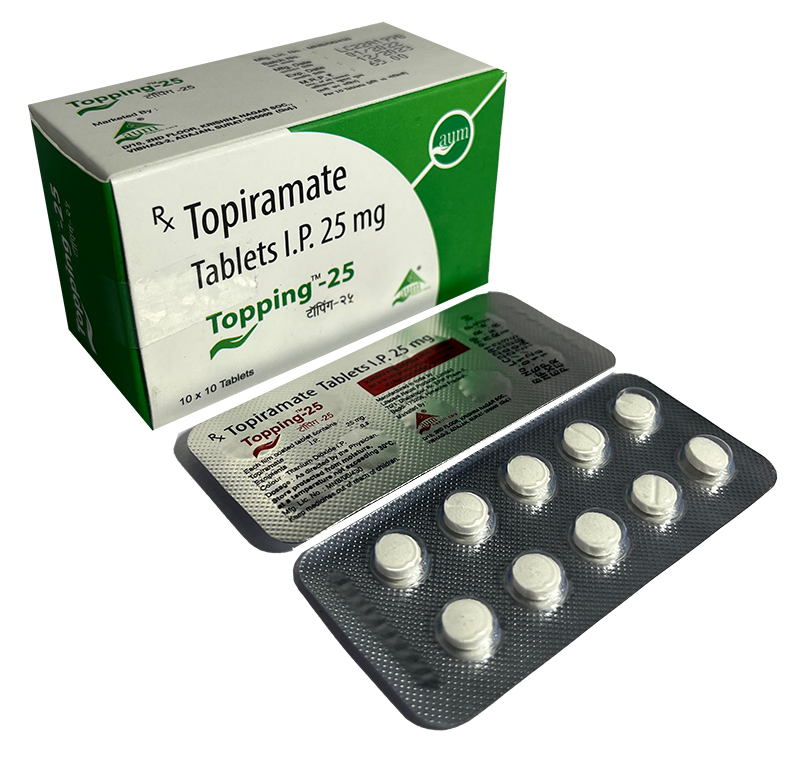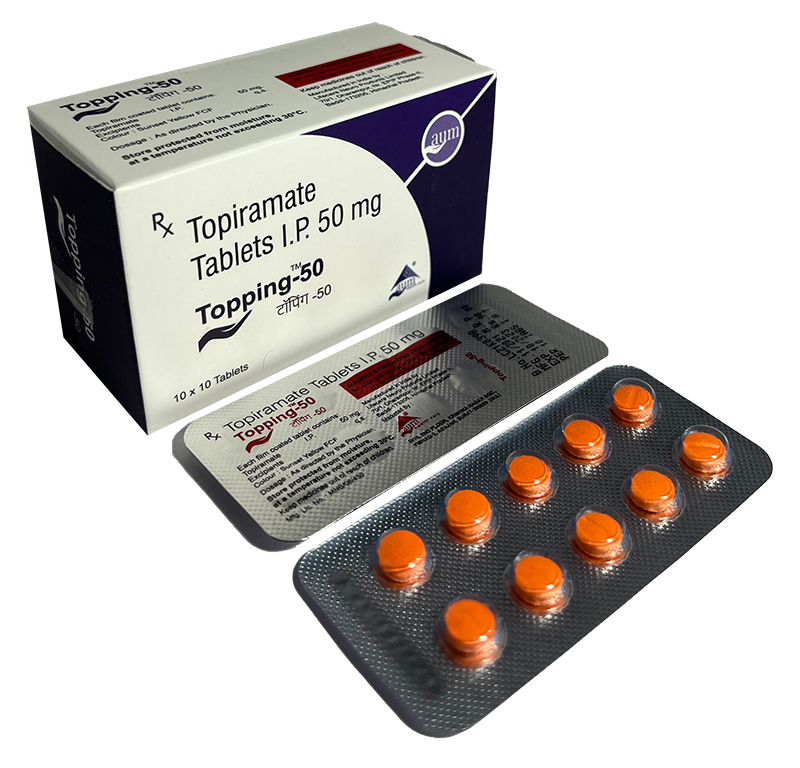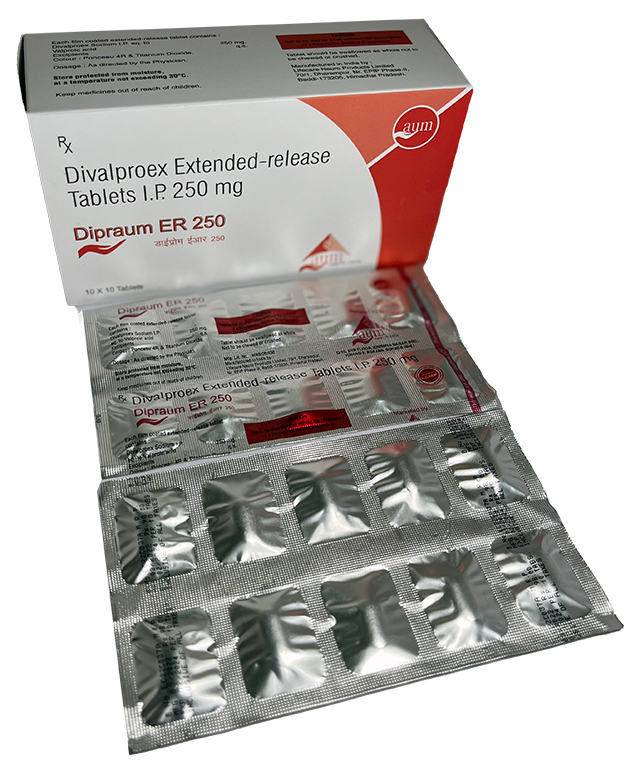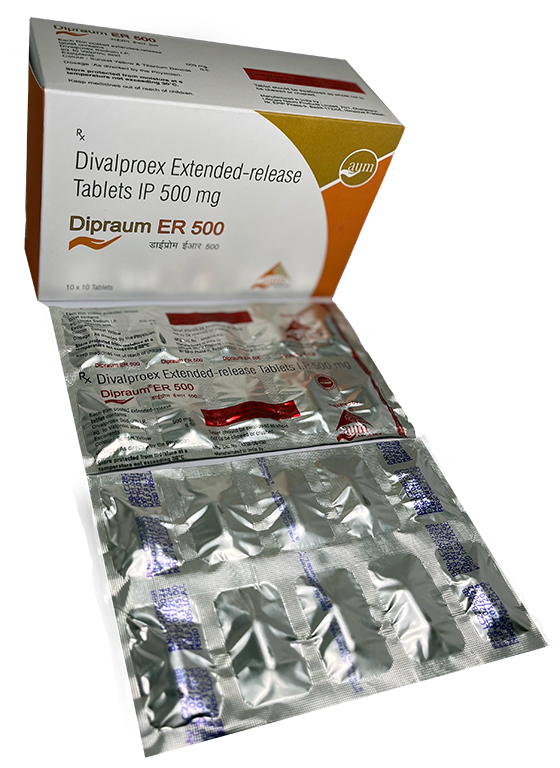
Anticonvulsants also prevent the spread of the seizure within the brain.
Antiepileptic and anticonvulsant are both terms that refer to the same drugs that target different neural pathways to reduce seizure episodes in people with epilepsy disorders. Anticonvulsants are another name for antiepileptic drugs, which are medication used to treat seizure disorders and help suppress seizures.
The top three agents prescribed by psychiatrists are clonazepam, lamotrigine and divalproex; neurologists most commonly prescribe topiramate, gabapentin and levetiracetam.
Epilepsy is not a mental illness. In fact, the vast majority of people living with epilepsy have no cognitive or psychological problem. For the most part, psychological issues in epilepsy are limited to people with severe and uncontrolled epilepsy.
In addition to the common side effects of antiepileptic drugs, like dizziness, drowsiness, and mental slowing; other side effects like weight gain, metabolic acidosis, nephrolithiasis, angle closure glaucoma, skin rash, hepatotoxicity, colitis, and movement and behavioral disorders, to name a few, have been brought to.
The main rationales for using anticonvulsants in substance-abuse patients are their lack of addiction potential, evidence support a role of kindling mechanisms in withdrawal syndromes and their efficacy in comorbid psychiatric disorders.
It is important to note that most seizure medicines do not affect the immune system. Some people may have other neurological or developmental issues that affect their immunity. People in these situations are at greater risk of developing more severe symptoms with viral illnesses.




